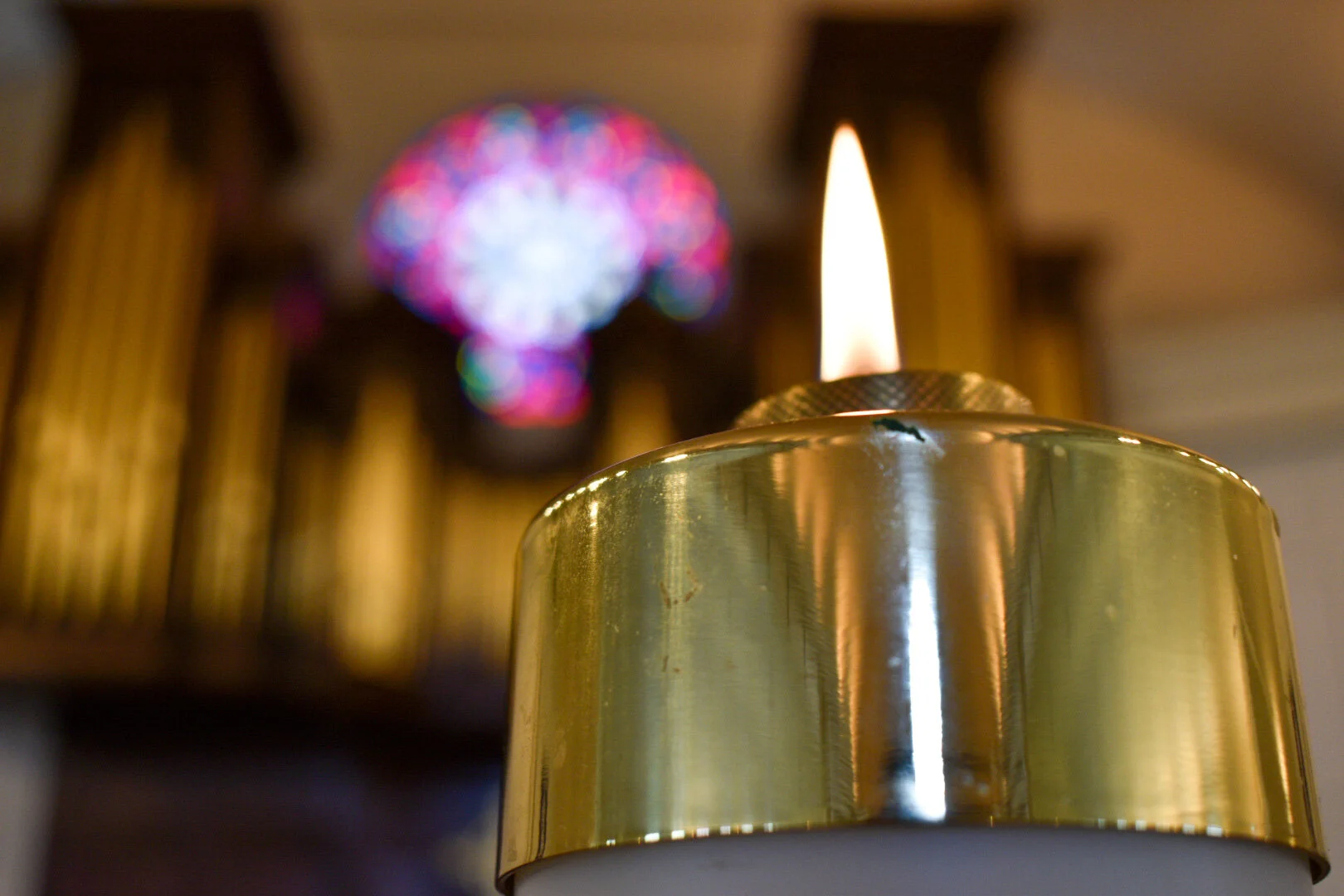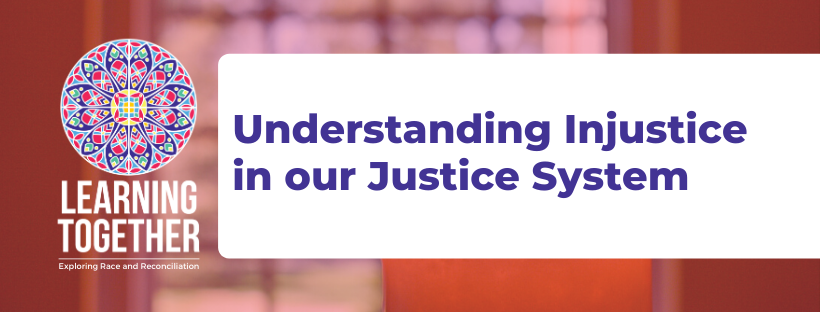This weekend, you may want to watch the film, I Am Not Your Negro, to conclude this week’s Learning Together focus on history.
Thursday evening, July 16, we gathered once again on the Zoom platform to discuss what we have learned during this initiative, what scripture says to us, and where we go from here. We had small and large group discussions that were meaningful and enlightening. Look for more information to come.
Christine Darden, the first African American rocket scientist and one of the “Hidden Figures,” tells me of weeping while reading a Presbyterian public education position paper published in the early 1950s that declared that “separate but equal” schooling was not equal or just and that called the church to desegregate schools and improve public education for blacks. She wept because it was written when she was a little girl, studying in a segregated school and recognized its inadequacy. For example, her school lacked enough textbooks, and the textbooks they had were out of date, missing covers and pages. Other Christians noticed and said the problems should be remedied. (Her parents, educated Black Presbyterians, enriched her schooling.)
The Confession of 1967 was written to address a nation and a church divided over the Vietnam War and Civil Rights. Taking its cue from II Corinthians Chapter Five, it outlines the theological basis for the ministry of reconciliation that is still relevant today.
Martin Luther King’s letter from the Birmingham Jail is of the finest statements in the canon of American letters. Started on the back of an envelope, it responds to white clergymen (and they were all men) who agreed that injustices exist but disagreed with King’s approach, the tensions it created, and its timing. His answers remain relevant.
https://www.africa.upenn.edu/Articles_Gen/Letter_Birmingham.html
Consider - Why did slaves adopt the faith of masters?
Kevin Johnson, a black Presbyterian pastor in Detroit, tells me that his youth report that Black Muslims recruit them by asking, “What have white Christians ever done for you?” A somewhat related question is this: Why did African slaves and their descendants adopt the religion of their slave masters? Today we explore this question, noting African Americans saw dimensions of the gospel that their slave masters overlooked. Far from being “the opium of masses” (as Marx said), supporting learned helplessness and quietism, Christianity nurtured a deeply subversive sense of self-worth and the hope for justice and freedom.
This week we are learning together about race and reconciliation through the lens of history. We begin today with the Presbyterian tradition, which has made such a significant impact on the history of the United States.
The goal for this week has been to learn about the ways systemic and institutional racism have impacted housing, education, and access to basic resources. These include redlining, school districts, and food deserts.
Place matters in health because characteristics of the areas in which people live affect health choices, behaviors, environmental risks, and access to medical care. Local conditions that may affect health outcomes include levels of stress and environmental toxins, the social and economic characteristics of individuals and families (such as education and income), and the characteristics of the communities in which people live.
The U.S. Department of Agriculture defines “food deserts” as areas where people cannot access affordable and nutritious food. They are usually found in impoverished areas lacking grocery stores, farmers’ markets, and healthy food providers. Food deserts contribute to food insecurity, which means people aren’t sure where their food will come from. This definition comes from the Virginia Cooperative Extension of Virginia Tech.
Listen
This Fresh Air interview (2017) with Richard Rothstein outlines the history of federal guidelines that contributed to ongoing segregation in housing.
Scripture
“Promote the welfare of the city where I have sent you into exile. Pray to the Lord for it, because your future depends on its welfare.” - Jeremiah 29:7
This week’s Learning Together postings will focus on the way structural and institutional racism through laws and practices has continued implicit and explicit segregation. This segregation has limited opportunities for African Americans to accumulate wealth, access quality education, and live healthy lives. We will focus in these areas: housing, education, health, and food deserts.
Resource
Infographic from VCU
Within our own Presbytery, there are places to bring hope and healing within our prison system. Voices of Jubilee is a new worshiping community of hope and liberation, connecting with incarcerated youth in Virginia. They are a ministry of the 1001 New Worshiping Communities of the PC(USA) and a part of the Presbytery of the James. You can learn more about them here, including ways to get involved: www.voicesofjubilee.org.
Jesus calls his followers to continue the work of reconciliation including seeking justice for the poor, imprisoned, and oppressed. Today’s resources look at places where work is being done through our denomination (Presbyterian Church, USA) to ensure that people are not improperly imprisoned or oppressed within our criminal justice system.
Podcast
We invite you to listen to the podcast, Deep End of the Pool, on This American Life. This is a moving story of a reluctant public defender and how he saved an innocent man and what it suggests about how the system does not work for people cannot afford counsel (including African Americans who experience higher poverty rates.
As we explore reconciliation it’s important that we take the time to understand inequalities within our own justice system.
Our conversation about race and reconciliation started in response to protests over the death of George Floyd, but the African American community’s concerns about our criminal justice system are not new and they are not limited to policing. This is why our goal this week is to learn more about the African American community’s concerns about the criminal justice system.
Learn about another ministry in our own community that is currently leading discussions on racism and reconciliation. Also, we invite you to take some time this weekend to view one or two films regarding racism and social justice.
Explore with us theological terms such as sin (systemic and personal) and reconciliation.
Check out some resources on talking with children about racism.
We continue our discussion of racism and explore how racism operates at multiple levels of society.
We’re starting our learning by exploring key terms in the conversation around race and reconciliation. To help start this important conversation with your family and friends, we’re sharing one of the ways we’re understanding racism and white supremacy.





















